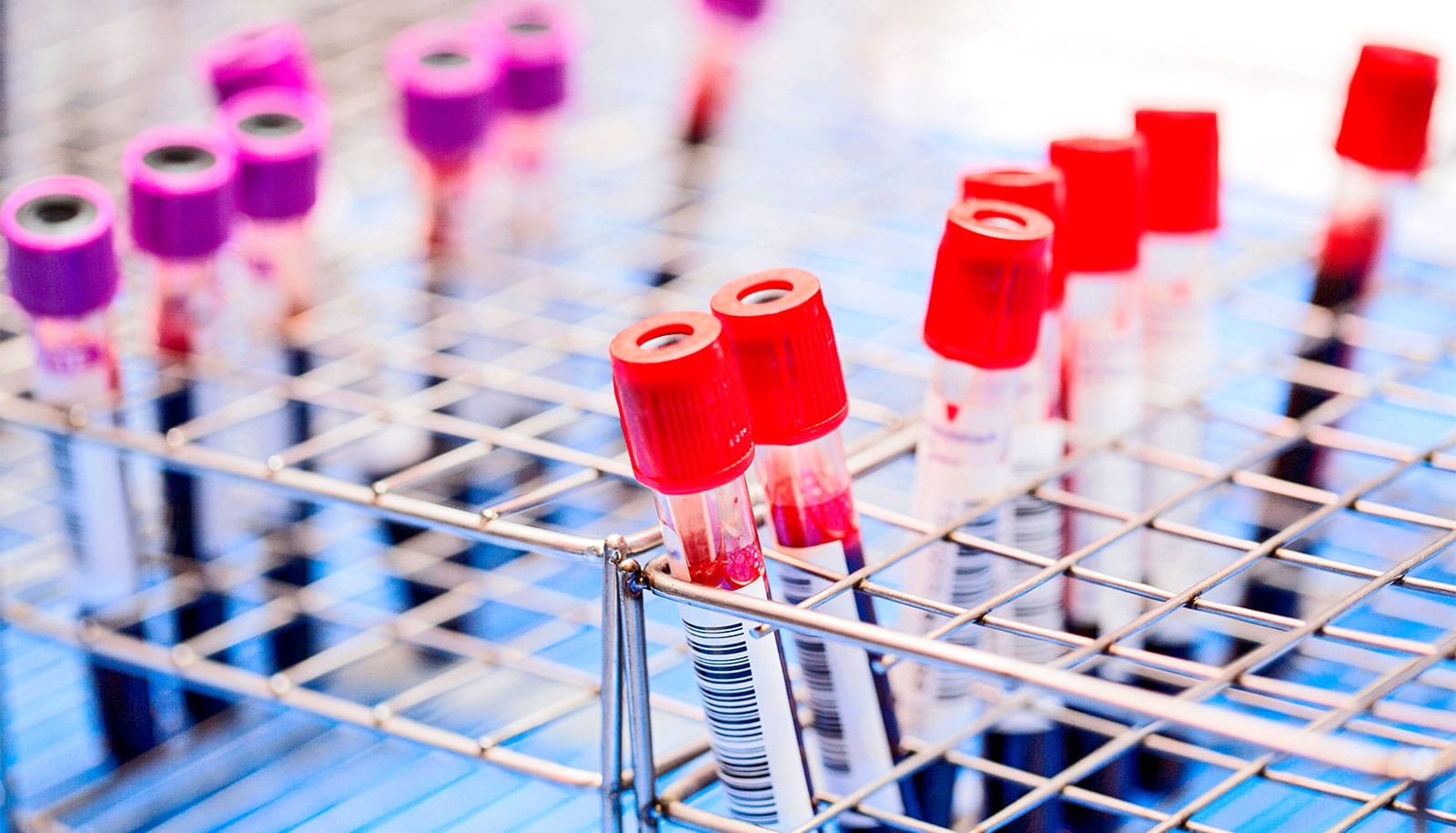Scientists have uncovered a potential therapeutic target for kidney cancers that have a common genetic change.
Scientists have known this genetic change can lead to an overabundance of blood vessels, which help feed nutrients to the tumors, but the latest finding shows a potential new cancer-driving pathway.
More than 90 percent of the most common type of kidney cancer have a genetic change that leads to the loss of an important tumor suppressor gene called VHL.
In the study, which appears in Science, researchers identify a new downstream effect of this genetic change that is helping to drive kidney cancer: A protein called ZHX2 over-accumulates in these cells and helps to turn on other signals involved in cancerous growth.
The findings suggest that the protein is a potential new therapeutic target for clear cell renal cell carcinoma, which is the most common type of kidney cancer.
Losing VHL
“If you lose VHL, you will accumulate lots of this ZHX2 protein, which will turn on signals that promote kidney cancer,” says Qing Zhang, an assistant professor in the pathology & laboratory medicine and pharmacology department at the UNC School of Medicine. “This protein could be a potential therapeutic target used to treat kidney cancer on its own or in combination. The next step is to try to figure out how we can target it therapeutically.”
Clear cell renal cell carcinoma accounts for about 70 percent of all cases of kidney cancer, researchers report. Approximately 90 percent of patients with clear cell renal cell carcinoma have genetic mutations or alterations that cause them to lose the function of VHL. When the function of VHL is gone, cells can accumulate signals that trigger blood vessels to grow.
“VHL is the most important tumor suppressor in clear cell renal cell carcinoma,” Zhang says. “There are extensive reports showing that from initiation to tumor progression to metastasis—during the whole process of kidney cancer development—VHL plays a central role.
“It is important to understand how the VHL loss contributes to kidney cancer, and how we can therapeutically target the downstream effects of this loss in kidney cancer.”
“We wanted to understand, once VHL is lost, what else in kidney cancer cells is promoting oncogenesis?”
There are US Food and Drug Administration-approved drugs that block cell signals involved in abnormal blood vessel production—which is a downstream effect of VHL loss—that are part of the standard of care for clear cell renal cell carcinoma. Patients can show little response to these drugs or can develop resistance, so Zhang and his colleagues wanted to search for other targets that accumulate in cells lacking VHL function that help to drive the abnormal cancerous growth.
“We wanted to understand, once VHL is lost, what else in kidney cancer cells is promoting oncogenesis?” Zhang says. “Therapeutically speaking, we’re trying to understand how we can target these novel signaling pathways, once we identify them.”
Too much ZHX2
The researchers created a screening technique to discover new molecules that might help drive cancer when VHL is lost. This led them to determine that kidney cancer cells lacking VHL usually had more ZHX2. By eliminating ZHX2 from their laboratory models, they inhibited cancer cell growth, invasion, and the cancer’s spread. In addition, they saw that it was involved with signals that can help cancer cells grow.
Belly fat cuts survival odds for women with kidney cancer
There have been major advances in the treatment of kidney cancer with the development of molecularly-targeted therapies and immune-based treatments, says William Kim, associate professor of medicine and genetics at the UNC School of Medicine. However, additional treatments are needed to reach more patients with metastatic disease.
“The vast majority of kidney cancers have mutations in VHL, so it makes it a very important gene to investigate,” Kim says. “In the last decade or more, we’ve had quite a number of major treatment advances in kidney cancer. There are nearly a dozen FDA-approved treatments now for this disease, but many of them are similar.
Androgen receptor affects the spread of kidney cancer
“Studies like this are important because they delineate the underlying biology of kidney cancer and identify novel, distinct pathways to develop drugs against.”
A US Department of Defense Career Development Award, the University Cancer Research Fund, and the National Cancer Institute funded the work.
Source: UNC-Chapel Hill



